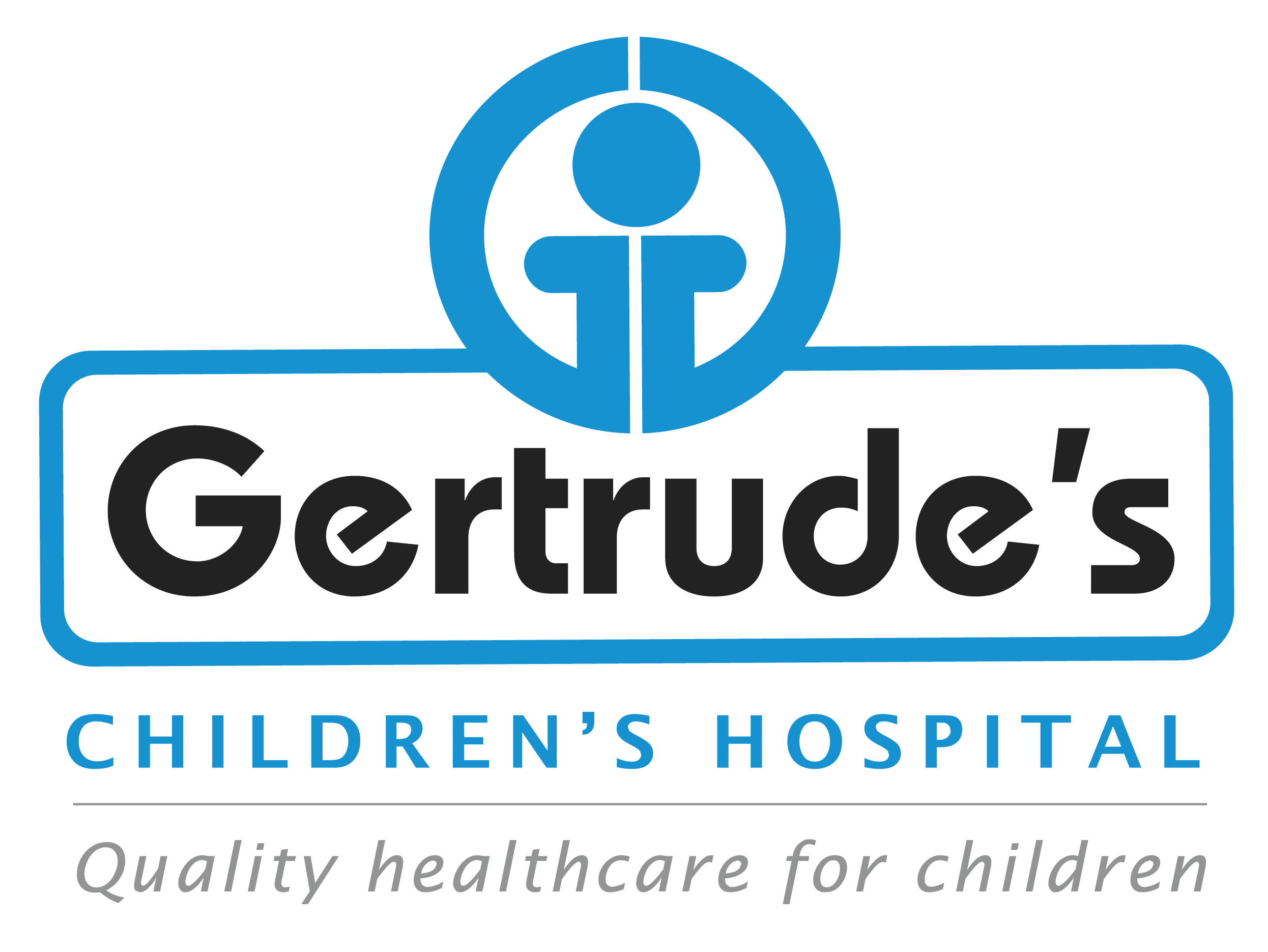A Calcifying Odontogenic Cyst, also known as a Gorlin cyst, is a rare type of cyst that can form in the jawbone. It usually appears as a fluid-filled sac and may contain hard, calcified materials. This cyst can happen at any age but is most often found in young adults, especially females. The cyst is named for the “ghost” cells it contains, which look like enamel cells that have hardened.
Symptoms
Common signs of a Calcifying Odontogenic Cyst include:
• A painless swelling or bump in the jaw
• Loose or moving teeth
• Expansion of the gum tissue over the cyst
• Sometimes, pain or discomfort in the area
• A painless swelling or bump in the jaw
• Loose or moving teeth
• Expansion of the gum tissue over the cyst
• Sometimes, pain or discomfort in the area
Causes
The exact cause of Calcifying Odontogenic Cysts is not well understood, but possible factors include:
• Problems during tooth development
• Genetic factors that may make some people more likely to develop these cysts
• Links to other types of dental tumors
• Problems during tooth development
• Genetic factors that may make some people more likely to develop these cysts
• Links to other types of dental tumors
Diagnosis
To diagnose a Calcifying Odontogenic Cyst, doctors will typically:
• Perform a Clinical Exam: Check for symptoms and physical signs.
• Use X-rays: These images can show the cyst as a dark area in the jawbone, sometimes with calcifications.
• Take a Biopsy: A small sample of tissue may be taken to confirm the diagnosis by looking for ghost cells under a microscope.
• Perform a Clinical Exam: Check for symptoms and physical signs.
• Use X-rays: These images can show the cyst as a dark area in the jawbone, sometimes with calcifications.
• Take a Biopsy: A small sample of tissue may be taken to confirm the diagnosis by looking for ghost cells under a microscope.
Treatment Options
Treatment for a Calcifying Odontogenic Cyst usually involves:
• Surgical Removal: The cyst is surgically taken out along with some surrounding tissue to lower the chance of it coming back.
• Curettage: This involves scraping out any leftover parts of the cyst after removal.
• Decompression: For larger cysts, doctors may first reduce the size before doing surgery.
• Surgical Removal: The cyst is surgically taken out along with some surrounding tissue to lower the chance of it coming back.
• Curettage: This involves scraping out any leftover parts of the cyst after removal.
• Decompression: For larger cysts, doctors may first reduce the size before doing surgery.
Frequently Asked Questions
Q: What happens if a Calcifying Odontogenic Cyst is not treated?
A: If left untreated, the cyst can cause bone loss and tooth problems.
Q: How long does recovery take after surgery?
A: Recovery usually takes several weeks; follow-up visits are important to check healing.
Q: Can this type of cyst come back after treatment?
A: While it is rare, there is a chance of recurrence; regular check-ups are essential.
Contact
Please feel free to contact us with any general or medical enquiry by calling us.





